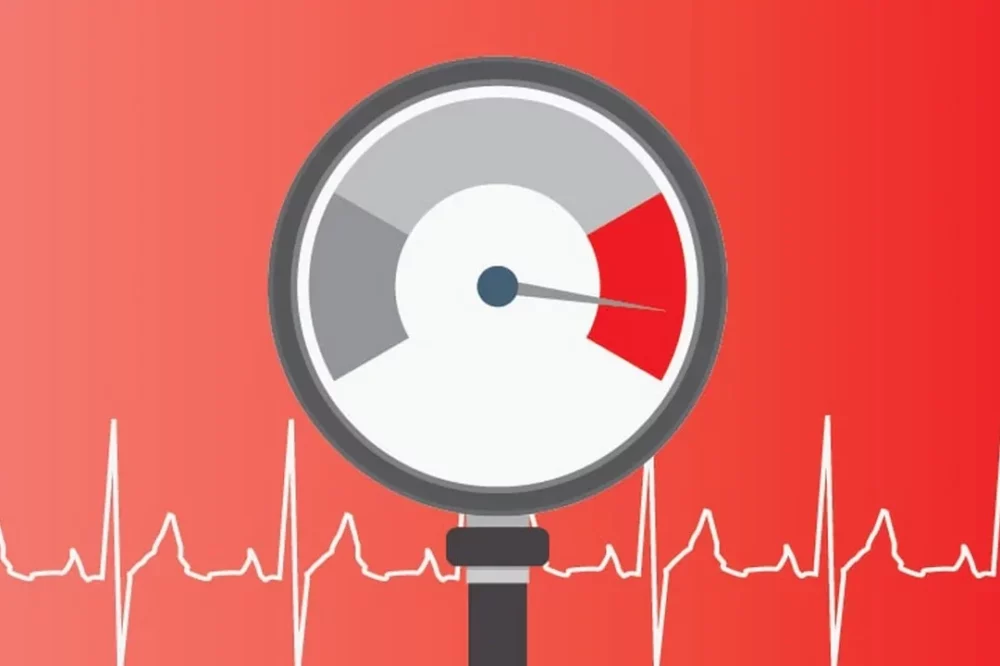High blood pressure, or hypertension, is a condition in which blood presses against the walls of the blood vessels. Although the condition is common—affecting up to half of all adults—many people are unaware that they have the disease. Even people with a hypertension diagnosis may struggle to manage the condition. If not properly treated, high blood pressure can lead to a host of life-threatening health issues, including kidney disease, heart attack, and stroke. Here are some signs and risk factors of hypertension to watch for to reduce your risk.

Hypertension Is Often Called the “Silent Killer”
Health issues caused by high blood pressure are the leading cause of death worldwide, claiming around 10 million lives each year. Unfortunately, the condition may go undiagnosed for years because, most of the time, it has no obvious symptoms. High blood pressure develops slowly, and symptoms typically don’t appear until the condition is so advanced or has caused so much damage that it can no longer be ignored. For this reason, hypertension is sometimes called the silent killer. Blood pressure is measured using two numbers: systolic blood pressure (pressure on the arteries during a heartbeat) over diastolic blood pressure (pressure in arteries between heartbeats). A high blood pressure reading is a systolic higher than 120 and a diastolic higher than 80. A consistently high blood pressure reading is the only foolproof red flag for high blood pressure. But knowing your risks for developing the condition can help you prevent or detect it as early as possible.
